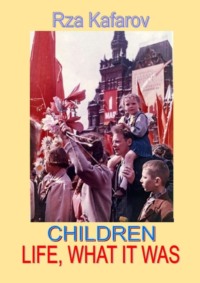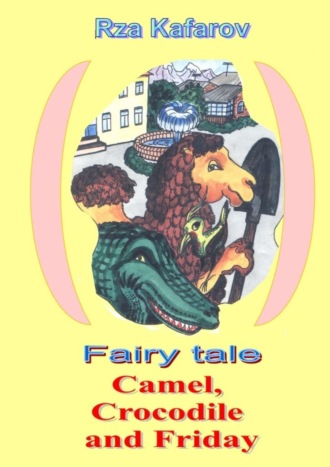
Полная версия
Fairy tale. Camel, Crocodile and Friday

Fairy tale. Camel, Crocodile and Friday
Rza Ragimovich Kafarov
© Rza Ragimovich Kafarov, 2019
ISBN 978-5-0050-0462-8
Created with Ridero smart publishing system

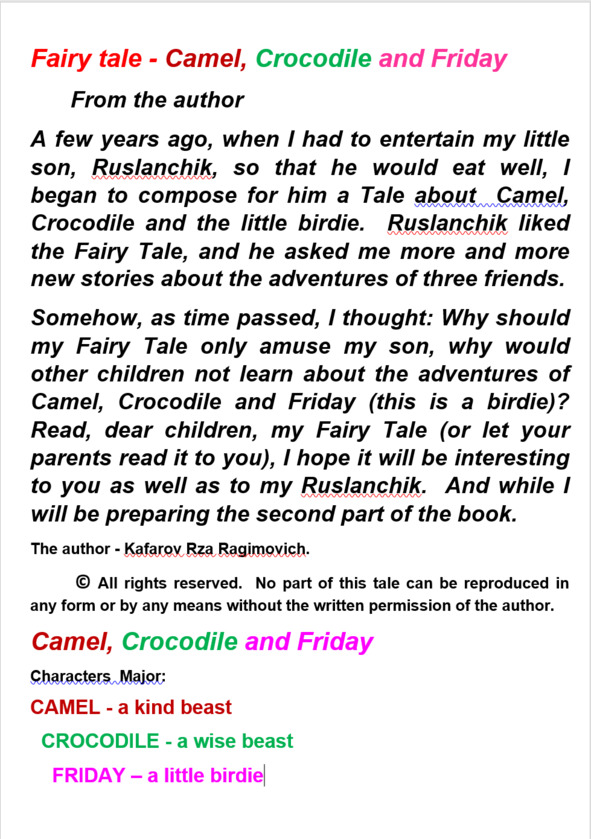
Rest:
Ali-kishi* – the oldest resident of Achmas (*Here Ali – is the name of the character; kishi-respectful prefix to the name)
Mamed-kishi – respected resident of Achmas
Director of the zoo in the capital city
Mayor of Achmas town
Vice Mayor of Achmas town
Rustam-muallim – a biology teacher in Achmas
Architect of Achmas town
Chief surgeon in the hospital of the of town Achmas and others,
and also the townsfolk and children of the town of Achmas.
The scene of action is the small southern town of Achmas, as well as the capital of a small southern country.
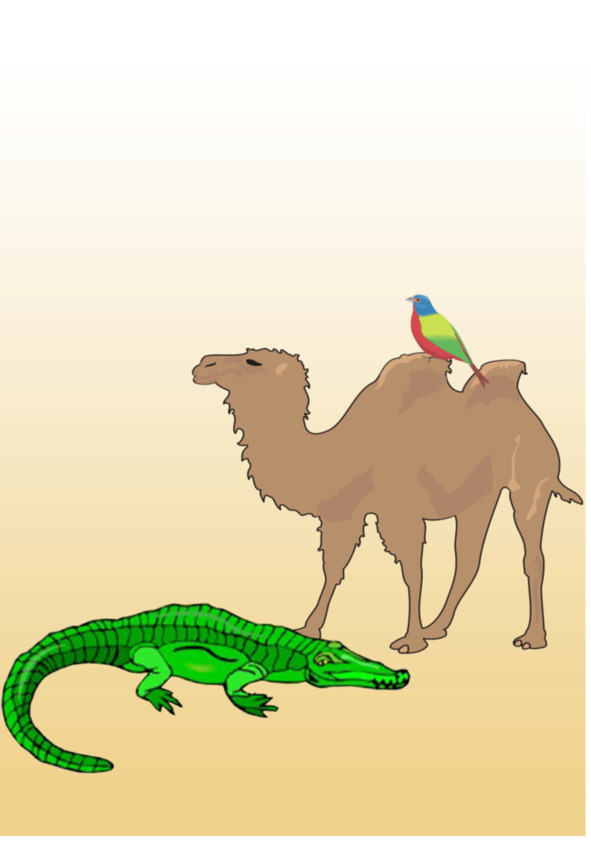
Camel, Crocodile and Friday
CHAPTER 1
HOW IT ALL BEGAN
There is in our country a small town Achmas. Its inhabitants, ordinary citizens, in the evenings, after their daily labors, sat down on benches near their houses and had a leisurely conversation about this and that. Once, one of the oldest residents of Achmas called Ali-kishi mentioned that camels caravan came to Achmas in ancient times.
But most of the inhabitants of Achmas did not know what kind of animal this camel is, for at present such a beast is not found in our country, and there are no camel caravans, and all cargo is transported by cars, trains, steamboats, airplanes.
One of the respected residents of Achmas, Mamed-kishi, said that he had recently seen a camel, he went to the zoo with the children in the capital city, and a camel lives there. All with great interest began to ask Mamed-Kishi about Camel, how tall he is, how length he is, what wool he is and what he eats.
But Mamed-Kishi could not describe Camel well, and about food he said that he eats hay. The townsfolk were not satisfied with his story and, finally, someone suggested finding out whether it was possible to invite a camel to Achmas so that everyone could admire it and feed Camel with something tasty.
Immediately they created an initiative group of three people, which they commissioned to write a letter to the zoo and invite a Camel to visit Achmas, promising care for satisfying all his desires. And if he likes Achmas, then perhaps he will want to settle here permanently.
The letter was sent to the zoo Director.
After a while, a response came from the Director of the zoo, where he reported that Camel, after hearing the letter, said that he was interested in visiting Achmas and meet its kind inhabitants. He will leave for Achmas in three days by a regular bus.
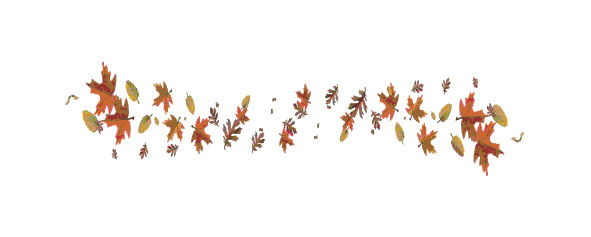
CHAPTER 2
ARRIVAL CAMEL IN ACHMAS
By the time the bus arrived from the capital, on the square in front of the Achmas bus station, several thousand people gathered to meet Camel. Many came with bouquets of flowers, children came with flags and balloons.
Finally, a bus appeared, acclamation cheers came from the crowd. The bus slowed down smoothly, the door opened, and an embarrassed Camel appeared in the doorway. The shouts intensified and turned into an ovation. Camel awkwardly stepped onto the land of Ahchmas. At first, the crowd kept at some distance from Camel, him appearance to residents of Achmas seemed unprecedented, strange; the size of Camel struck and confused them, his habits were unknown to them. Little by little, the confusion of the inhabitants passed, they came close to Camel and handed him bouquets. The kids tried to give Camel their balls and flags. The vice-mayor of the city shouted loudly: “Hush! I ask for silence! Now the Mayor of the city will speak with a welcoming speech!”
When silence was established, the Mayor approached the microphone, cleared his throat and began: “Dear and respected Camel! I warmly welcome you on behalf of all the inhabitants of Achmas! We are glad that you met our wishes and arrived in Achmas, I hope that you will not be disappointed.
For our part, we will try to guess and fulfill all your desires. We ask you not to be shy and tell us everything you would like to be! “and finished: " Hooray to our friend – Camel!!!
Camel bowed shyly, bending its long neck to the right and left.
After the meeting, a delegation of respected citizens consisting of 9 people headed by the Vice – Mayor led Camel on a city tour. Many of the meeting crowd also joined the tour, and this procession upset the traffic of the town transport.
Achmas – is a small town and there are no special attractions in it. Therefore, the movement of the city tour did not last long. At the end of the tour came to the city bazaar-market (he is alone in the city). Camel, by then already marked tired noticeably quickened. He was pleased with the abundance of fruits, vegetables and herbs in the bazaar (market).
In the zoo of the capital, Camel never had to see so many tasty fruits. From the spectacle of such abundance Camel drooled to flow. Vendors greeted Camel at the bazaar with loud cheers and began vying to offer watermelons, melons, pears, peaches and all that. Camel accepted the gifts of nature and thanked the sellers. Having walked the market along and across, the excursion left the bazaar and came to the city hall building. Here the delegation members said goodbye to Camel and went home, and the Vice-Mayor asked Camel where he would like to live. Camel said that for housing he needed some kind of barn, on the floor of which he needed to lay a layer of clean straw.
The vice-mayor said that finding such a barn is not difficult. But he would like Camel to live in a more decent house. Life in the barn can be taken as a temporary option and let the respected Camel think well and tell what house he needs and such a house will be built. Camel was taken to his house and left alone.
Evening came, Camel drank water and lie down to sleep, but also, falling asleep, he heard that near his house there are groups of ordinary people and discuss today’s events related to the arrival of the Camel.
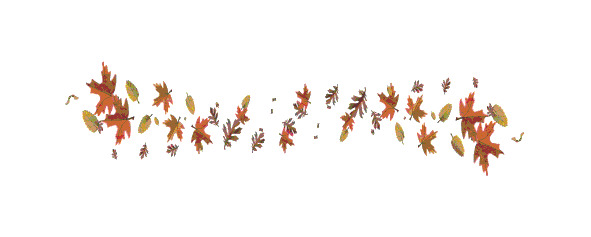
CHAPTER 3
FIRST DAYS OF CAMEL IN ACHMAS
When Camel awoke, it was already a quiet, sunny morning. He cheerfully jumped out of the barn, the air was fresh and cool. However, soon the sun began to burn, it became warmer. A group of inhabitants people crowded around the barn at 30 persons, who met the appearance of Camel with loud cheers.
Today, residents behaved more boldly, they surrounded Camel from all sides, patted him on the sides, and scratched him under the belly. They asked what he would like for breakfast, although there were several tables near the wall of the barn, which were piled with all sorts of fruits and vegetables. Camel said that what was laid on the tables was enough for him and nothing more was needed.
Then the Achmasians asked Camel to begin breakfast, which Camel promptly did, and the Achmasians watched with interest as he ate. They were curious to find out whether he quickly eats or slowly, what he likes and what he does not want to eat, how to bite, how to swallow, etc.
Finally, Camel breakfast ended, and he was about to take a walk; Many of those who watched Camel’s breakfast volunteered to accompany him. They walked through the streets of Achmas, giving Camel explanations about the locals, who does what and is famous for what.
Soon they reached the outskirts of the city, where the main highway passed. The highway was lined with walnut trees on both sides. In a small hollow near the road from under the ground, a source of clear, cold water was beating, which everyone (including Camel) enjoyed drinking with pleasure. Achmasians were amazed at how much water Camel drank at a time (and he drank three buckets). Turning to the other side of the road, the Achmasians people and Camel reached the thickets of bushes, where they all lay down on the grass, talking about this and that.
The conversation basically consisted in asking Camel about his life in the capital’s zoo and about the period of Camel’s life before the zoo when he lived in the desert. Camel talked about everything willingly and in detail, and the Achmasians people were surprised how people and camels could live in the harsh desert conditions.
All quietly doze off, and then fell sleep. Woke up when the sun was already leaning towards the horizon. Camel rose to its feet and stretched with a crunch. All followed his example, and then moved to the town, heading for Camel shed. When they came to the barn, they saw that on the tables, standing near the outer wall of the barn, piled again mountains of fruits and vegetables. Camel said: “Dear Achmasians, dear friends, I will not eat so much, and the products will spoil, will be lost. I ask you, I earnestly ask, do not bring so much. No offense, please! Enough that fits on one table!”
Those present promised to convey the words of Camel to all residents of Achmas. Warmly saying goodbye to Camel, everyone went home, and Camel went into his barn. He noticed that something had changed in the barn. Fresh straw was laid on the floor, and sconces were fastened on the walls, jolly curtains hung on the windows, and a new refrigerator was installed in the corner. In the refrigerator there were bottles and cans with various soft drinks and juices, but nothing alcoholic, since all Achmash people already knew that Camel is a sober. The yard was already dark, Camel drank a bottle of orange juice and fell asleep.
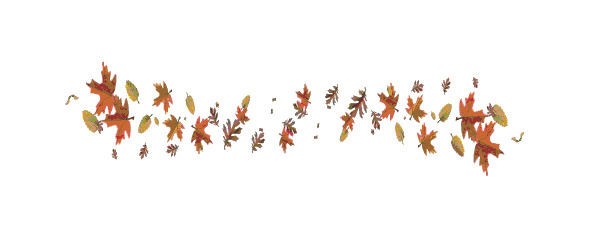
CHAPTER 4
EVERYDAY LIFE
Gradually, Camel developed its mode of daily timetable life in Achmas. Every day, up to a dozen residents gathered with Camel, of whom more than half were children. In asking Camel about the smallest details of his life, Achmas people were convinced that he had come a long way in life and had gained a lot of experience. He was well-read, knew a lot from life and from books. Therefore, over time, the Achmas people themselves began to seek advice from Camel. Like all inhabitants of a small town, Achmas people liked to talk about a big outside world, about events of world significance.
But they knew a lot only by hearsay, and they misunderstood much from media reports. As a result, they often argued, for they interpreted the meaning of events and phenomena of the external world in different ways. With the arrival of Camel, an authority appeared in the city, to whose opinion they could now turn to as the last decisive instance.
In the mornings, Camel got up quite early and made his morning run outside the city, the run gradually turned into a walk.
One of the Achmasians, with whom Camel became close friends, was a biology teacher at a school named Rustam-muallim. The teacher was a well-read man and his conversations with Camel were more profound.
The most friendly relations established between Camel and the Achmasian children, they could endlessly ask him questions about different distant countries and listen to his stories about what he had seen or read. They were especially admired by his stories about the wonders of Africa or India, about their animal world – lions, tigers, elephants, hippopotamuses. But when Camel and the children got tired of a long conversation, Camel put all the children on his hunchbacked back and rolled them through the city streets. The delight of children was no limit.
In Achmas there was one large enterprise – a cannery and several large workshops. In all these enterprises, Camel was free to enter, everywhere he was greeted with love and respect, and to him willingly explained the essence of the production process. Camel was very fond of visiting enterprises. At the cannery, he watched with interest how a big trucks drove up to the plant all day (and the plant worked around the clock), full of tomatoes, eggplants, squash, apples, pears and many other mature fruits of the generous southern nature.
At the height of the ripening season of vegetables and fruits, the plant did not have admit to receive the delivered fruits, and then a long, slowly moving line of loaded cars lined up in front of the factory gates. At the same time, some of the fruits were already beginning to deteriorate, and under some trucks on the ground pools of fruit and vegetable juices were formed.
Trucks drivers spent hours in their cabins or on the side of the road; the convoy of trucks moved forward only an few tens of meters in an hour. Finally, a loaded truck drove into the gates of the plant, and then unloading began.
Hefty movers picked up the filled boxes and carried them to a large reception funnel, where they were poured out. And trucks – dump trucks themselves drove the body to the receiving funnel, raised the front of the body and poured its contents into the funnel.
From the receiving funnel, the fruit fell on the conveyor (conveyor), which brought the fruit into the washing chamber. Here, streams of water flowed from above and the fruits were washed clean. Then they again fell on the conveyor, which brought them to the sorting shop. On both sides of the conveyor there were women – sorters who took away the spoiled fruit, throwing them into special vats, and suitable fruits moved further on the transporter, getting into the capper closing workshop. Here, women – corkers sealings filled the jars with the fruits, after which the syrup was poured into the jars and covered them with lids.
Jars and lids before this, in another workshop, were rejected and cleaned. The jars filled with fruits and syrup were corked with a special machine and entered via the conveyor into the brewhouse. Here, jars with fruits were loaded into cooking pots (digester; boiler), where canned food was cooked using the heat of water vapor. Cooking time for each type of fruit was different. The syrup poured into jars was also notable. For fruit, it was a solution of sugar in water (sweet water), and for vegetables it was a solution of salt in water (salt water). Various foods, called spices, were also added to the canned food. They gave canned food a special taste or smell.
After cooking, the jars cooled and entered the warehouse, from where they were taken away by cars and trains to different cities.
In other cases, Camel went to small workshops, which were especially numerous near the bazaar. There were workshops where painted wooden chests were made, bound with iron bands. In such chests, Achmas brides saved and kept their dowry, and with this chest bride came to their husband’s house. There were workshops where various metal utensils were made, hats were sewn, threads and fabrics were painted.
In all workshops Camel was greeted as a welcome guest. After visiting the next workshop, Camel went to the bazaar (market), chose and ate what he wanted, and the sellers vying with each other offered their fruits to Camel.
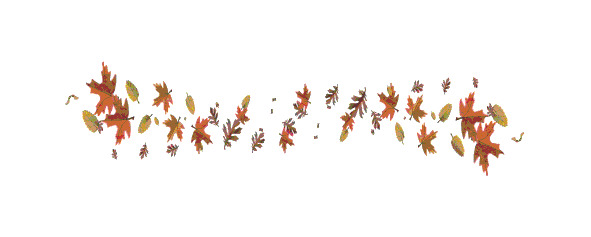
CHAPTER 5
CHANGES IN RELATIONSHIPS
Over time, the interest of the inhabitants of Achmas to Camel decreased significantly. Although from time to time residents and turned to Camel for advice
Camels barn nearby gathered in a handful to chat only with avid idlers, and the rest of the residents preferred to spend their free time, as before sitting on the benches outside their houses.
When Camel came to the bazaar (market), he was no longer welcomed with greetings, no one came up to Camel to inquire about his mood and health, no one offered Camel tasty fruits. Camel himself came to the shelves and chose the fruits he liked, he took them home.
Talkings about how to build a new, more comfortable and more beautiful home for Camel, instead of the barn in which he was placed right after his arrival, also somehow stopped by themselves.
Achmas people got used to Camel and stopped asking him about this and that. Then one day, when, at the bazaar, Camel began to choose pears he liked from one of the vendors, the Seller rather rudely told Camel that he should take the fruits from someone else today, as he took the pears from this Seller yesterday and that the Seller was tired of giving such wonderful fruits for nothing (gratis), (and Camel did not pay anything for anything), and he (the Seller) would like to earn something for his family.
These words are very offended Camel, he threw the selected fruits back to the counter and left the market. Many other sellers have heard this conversation, and seemed silently approving of it. Camel returned home (he lost his appetite for such an event and did not want to eat), sat down and began to reflect on the situation.
It seemed to him that everyone began to treat him indifferently or even with hostility and that there was no point in such conditions to remain in Achmas. He decided to go back to the capital tomorrow and return to his native zoo. He left a note for the Mayor of the city in the barn explaining the reasons for his departure and left for the capital in the morning bus. He also left a farewell note for his friend Rustam-muallim.
Конец ознакомительного фрагмента.
Текст предоставлен ООО «ЛитРес».
Прочитайте эту книгу целиком, купив полную легальную версию на ЛитРес.
Безопасно оплатить книгу можно банковской картой Visa, MasterCard, Maestro, со счета мобильного телефона, с платежного терминала, в салоне МТС или Связной, через PayPal, WebMoney, Яндекс.Деньги, QIWI Кошелек, бонусными картами или другим удобным Вам способом.


